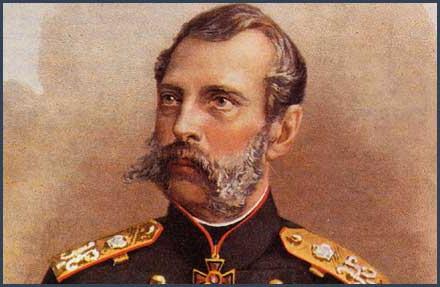History of development of ecology
History of the development of ecology originates inthe most ancient. For a primitive primitive society, the desire to cognize the environment was already characteristic. At this stage, the history of the development of ecology is full of information from ancient Egyptian, Tibetan, Indian sources.
Old people accumulated factual material andtried to systematize it. Thus, the handwritten books of the Babylonians contain information on the technology of soil cultivation, the time of crops, animals and birds that are harmful to agriculture. The oldest Chinese chronicles from 4 to 2 centuries BC. e. contain descriptions of the growth of cultivated plants of different varieties. The sacred book of the ancient Persians is filled with councils about the need to protect the land without defiling it with "unclean" substances, protecting animals, protecting water and fire, carefully working the soil. In the "Lay of Igor's Campaign", there are many descriptions of animals.
Thus, the history of the development of ecology began with the emergence of agriculture, zoology, botany. At that time, the first elements of the human attitude to nature appeared.
The impetus to the progressive development of biologicalsciences were numerous geographical discoveries in the 15th century, as well as the colonization of new lands. During this period, there was an active accumulation and description of the material. The works of many naturalists contain evidence of the diversity of living organisms, the distribution, the features of the structure of animals and plants characteristic of this or that environment.
Quite a lot of environmental evidence wascollected by scientists (naturalists and geographers) of Russia in the 18th century. Among the most prominent figures of the time, it should be noted II Lepekhin, SP Krasheninnikov, PS Pallas.
In the middle of the century 19 a great contribution to the development of scienceIn Russia introduced K. Roullier (professor at Moscow University). This scientist formulated the principle, which is taken as the basis of all natural sciences, is the principle of the unity of the environment and the organism.
The following stages of the development of ecology are characterizedspecialists, as the isolation of science as a new field of knowledge about the surrounding nature. In this regard, a large number of different studies began. These main stages of the development of ecology are marked by the publication "Origin of Species" in 1859, the victory of the evolutionary doctrine of Darwin. Thus, science has become a doctrine of adaptation of organisms.
Haeckel defined the ecology as a sum of knowledge,which relate to the economy of nature. Within their framework, the entire complex of interaction between the animal and its environment, both inorganic and organic, is being investigated. However, mainly according to Haeckel, there is a study of hostile or friendly relations with those plants and animals with which a particular animal comes into contact. Thus, the science of ecology is the study of all complex interactions, which, according to Darwin, are called provoking the struggle for existence by conditions.
In 1910, the Third Worldbotanical congress. It officially recognized the ecology of plants. It also raised the issue of the division of the recognized science into the sphere of plant communities and plant individuals.
Since the 20th century the history of the development of ecologycharacterized by the beginning of numerous diverse studies, the creation of fundamental works that deal with both large-scale and narrow problems.
In modern conditions, there is a constantincrease in the volume of information. Various environmental problems, theoretical environmental issues become the scientific work of a number of research institutes.







